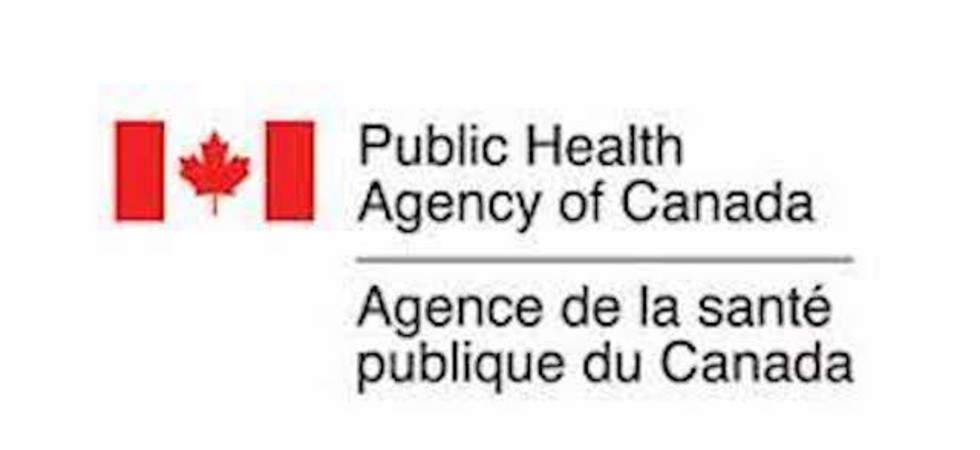Update on the COVID-19 situation in Canada – May 5, 2023
On May 4, 2023, the World Health Organization (WHO) convened a meeting of its International Health Regulations (IHR) Emergency Committee to consider whether the COVID-19 pandemic still constitutes a Public Health Emergency of International Concern (PHEIC). The WHO Director General originally declared that the COVID-19 pandemic constituted a PHEIC on January 30, 2020.
The WHO Director General considered the advice offered by the Committee and today announced that COVID-19 is now an established and ongoing health issue and no longer constitutes a Public Health Emergency of International Concern (PHEIC).
In addition, the WHO Director General said that an IHR Review Committee will be convened to advise on Standing Recommendations for long-term risks posed by SARS-CoV-2 taking into account the 2023-2025 COVID-19 Strategic Preparedness and Response Plan. The WHO also issued advice around the key areas of emergency coordination, collaborative surveillance, community protection, safe and scalable care, and access to countermeasures as temporary recommendations.
Since the beginning of the pandemic, the Government of Canada's top priority has been protecting the health and safety of all Canadians. It has taken swift action to do so, including developing infection, prevention, and control guidance, as well as providing laboratory testing, sequencing, and guidance to provinces and territories. Additional activities also included establishing public health surveillance to monitor outbreak trends; investing in research; purchasing personal protective equipment (PPE) and other necessary medical supplies and equipment; and deploying vaccines, treatments and rapid tests to provinces and territories.
Informed by the latest science and evidence, the Government will continue its work with provinces and territories to implement a long-term, sustainable approach to the ongoing management of COVID-19.
As part of ongoing monitoring, the Government of Canada continues to contribute to and assess the global epidemiology of COVID-19, including working with international partners to enhance viral genomic sequencing capacity. There is ongoing monitoring in place to track COVID activity and impacts using multiple systems, including laboratory identification of significant new SARS-CoV-2 variants.
Even though the WHO Director General determined the current COVID-19 situation no longer constitutes a PHEIC, the Government of Canada recognizes that the SARS-CoV-2 virus is still circulating across Canada and worldwide. The Government of Canada will continue to work with the WHO, international partners and with Canadian provinces and territories to monitor the COVID-19 situation and to mitigate domestic health and societal impacts of this virus.
As COVID-19 activity and hospitalizations continue in Canada, layers of prevention, including receiving recommended COVID-19 vaccinations and personal protective practises, such as wearing well-fitting masks, remain our best approach to reduce the risk of developing severe illness and limit the burden on the health system.
PHAC will continue to provide public updates as new information related to our domestic situation arises.

